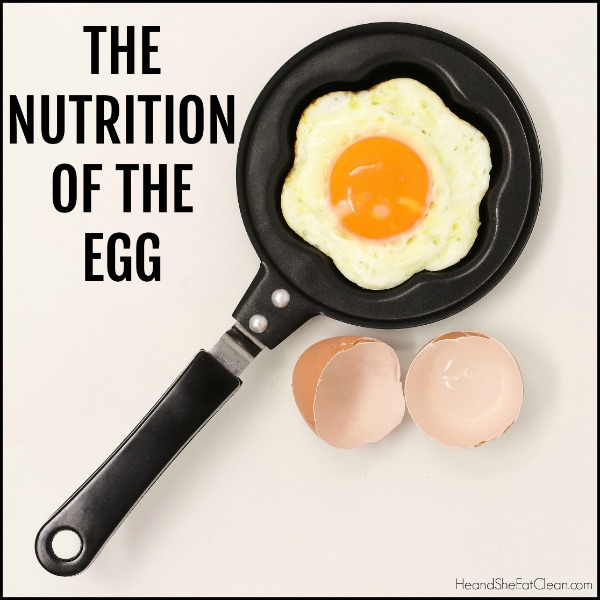What is so special about the egg? I know it’s a complete protein… but what does that really mean? Are there any negatives that I should be aware of? What is the nutritional content?
We break down the egg for you and offer some insight into this natural protein source.
THE NUTRITION OF THE EGG
What is an egg white?
The egg white, or albumen, is the protection for the developing chick. It is high in nutrients, including vitamins Riboflavin and Selenium to support and protect the embryo. The egg white also contains Ovalbumin, a protein that aids in the metabolism of enzymes in the human body. Don’t be fooled though – there are more than 40 different protein types in an egg white from just one egg. Fantastic added bonus!
Should I eat the entire egg?
There are different schools of thought on this topic. Ultimately, it depends on your nutritional goals. Are you looking to build muscle mass (eat egg whites as you will likely be consuming more eggs) or provide your body with wholesome foods that it needs (eating egg yokes, sparingly, will be just fine)? Although we recommend monitoring your intake of egg yolks, there is no need to worry about the cholesterol content. The enzymes and proteins found in the egg white of an egg can actually help protect the human body from ingesting too much cholesterol. Throw an egg yolk in with your egg whites from time to time and reap the benefits of the natural source of vitamins and fats.
Nutritional information:
If you eat the entire egg, you will find that in one large egg, you ingest:
- 71 Calories
- 5g Fat
- 2g Saturated Fat
- 221mg Cholesterol
- 70mg Sodium
- 0g Carbs/Sugars
- 6g Protein
High in vitamins: Riboflavin, B12, Phosphorus, and Selenium
Go the leaner, muscle-building route and opt to scramble up some egg whites. Your nutritional intake then changes to:
- 16 Calories
- 0g Fat
- 0g Saturated Fat
- 0mg Cholesterol
- 55mg Sodium
- 0g Carbs/Sugars
- 4g Protein
High in vitamins: Riboflavin, Selenium
How to cook eggs:
- How to Boil Eggs in the Oven
- How to Boil Eggs in the Instant Pot
- How to Make an Omelet
- How to Make Perfect Scrambled Eggs


Leave a Reply